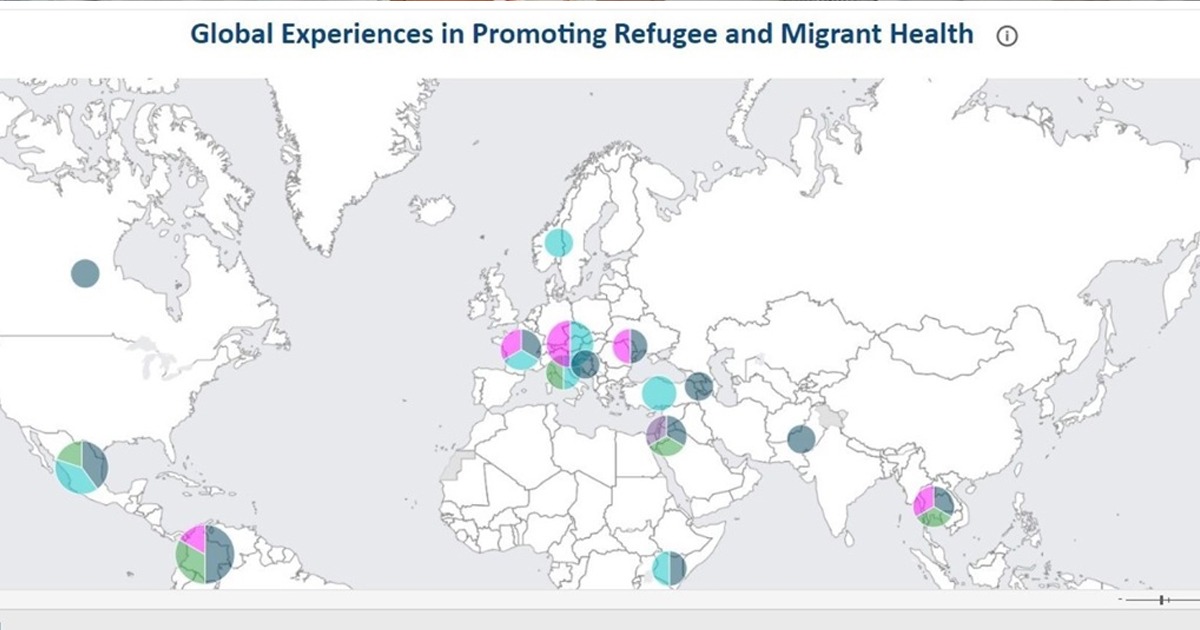Artificial Intelligence, developed by an Israel-based company, is able to constantly monitor risk levels of ICU patients and predict hemodynamic instability in patients.
CLEW Medical, a company founded in Israel in 2014, recently got one of its solutions in Artificial Intelligence (AI), approved by the FDA (Food and Drug Administration) in the United States. CLEWICU, is an AI-based development capable of monitoring the risk level of patients by making physicians aware of the likelihood of the ICU patient presenting hemodynamic instability.

“AI can be a powerful force for change in healthcare, enabling assessment of time-critical patient information and predictive warning of deterioration that could enable better informed clinical decisions and improved outcomes in the ICU,” said Dr. David Bates, member of CLEW Advisory Board.
The innovation has received 510(k), the FDA's premarket notification for a medical device. Moreover, according to the Israeli company, it is the first solution of its kind to be approved. “We are proud to have received this landmark FDA clearance and deliver a first-of-its-kind product for the industry, giving healthcare providers the critical data that they need to prevent life-threatening situations,” explained Gal Salomon, CEO of CLEW.
Hemodynamic instability occurs when the heart is not pumping strongly enough and the circulatory system is not able to supply blood to the entire body. CLEWICU, is able to give an 8-hour advance warning by analyzing hemodynamic data in patients' electronic health records. In addition, it not only identifies ICU patients who may suffer from this condition, but also classifies patients at low risk for the condition.
“CLEW's AI-based solution is a huge leap forward in ICU patient care, providing preemptive and potentially lifesaving information that enables early intervention, reduces alarm fatigue and can potentially significantly improve clinical outcomes,” said Dr. Craig Lilly of the University of Massachusetts Medical School.
This solution comes at an opportune time, with fewer hospital beds being occupied mostly by COVID-19 patients, this tool is able to manage hospital resources and make better and faster decisions.





